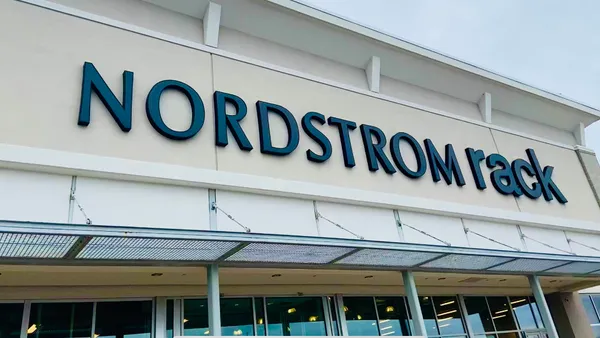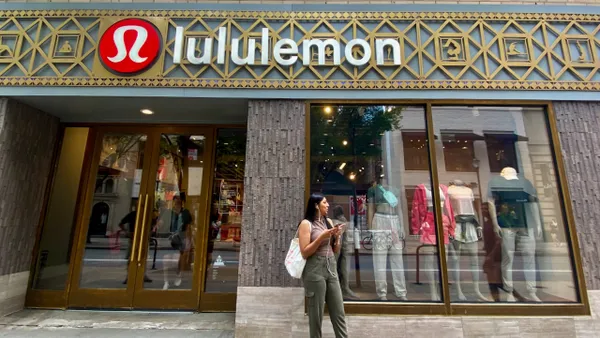For many retailers this year, Black Friday started on Thanksgiving Thursday — even a week or two before.
Amazon began its “Black Friday” deals a week ahead of the holiday. And while Wal-Mart Stores stretched out its “New Black Friday” from Thursday to Cyber Monday, it similarly began advertising “pre-Black Friday” deals a good week before Thanksgiving.
How special can this once-monumental shopping day be, really, if there are specials before the specials?
Not so special, says preliminary data from this year’s Thanksgiving holiday weekend – historically one of the busiest times for retailers. The NRF reported that brick-and-mortar sales dropped 11% when compared to last year, while ShopperTrak reported a 2.1% decrease.
So with "special deals" constantly hitting shoppers' inboxes and mailboxes well before the holidays, it seems almost inevitable that shoppers are going to come to expect these deals year-round.
Could other perks of the retail holiday season, like shipping deals and price-matching, follow suit?
Discounts and deals
Despite several predictions that holiday spending will get a boost this year, many retailers appeared to take no chances, pushing heavy discounts well before Black Friday.
That establishes a precedent that can last and last beyond the holiday season, says RBC Capital Markets analyst Howard Tubin.
"Not only could this be a problem for next Christmas, but it will also likely be a problem for spring,” Tubin said last year in his note to retail clients.
“Shoppers will no doubt balk at paying anything near full-price again after just having had their pick of merchandise for half-off.”
Price matching
In November, Wal-Mart Stores Inc. finally announced what many customers have been pining for months, if not years — price-matching in-store items with online prices. Almost immediately the retail giant got caught flat-footed when it was taken in by a scam that had many of its stores selling $400 game consoles for a fraction of their price.
Many are predicting that price-matching will “be rampant” this holiday season, and even beyond.
It’s worth remembering that Target helped move this along in 2012, with a price-matching policy that is widely credited with helping the retailer battle the “showrooming” phenomenon.
The program, which was supposed to expire at the end of the holiday season, was almost immediately extended into a year-round policy.
Shipping
Many top retailers have realized by now that customers don’t need much of a reason to ditch their online shopping cart.
Years ago, L.L. Bean reinstated free shipping with no order minimums because it found that customers easily abandon their online orders when they experienced what they considered to be unacceptable shipping charges.
Target, which had already simplified its free shipping requirements earlier this year, began offering free shipping on most items — no minimum — in October and won't require its usual $50 minimum till Dec. 20.
The thing is, consumers don’t like to pay much, if anything, for shipping. As more retailers lower shipping costs (some to zero) or make it easy to make minimums for free shipping, consumers seem even less tolerant of being charged for getting their packages.
“Consumers have come to expect free shipping, especially during the holidays, and many will actually leave a site if it's not offered,” says Forrester Research analyst Sucharita Mulpuru. “It’s the second most common reason why US online buyers abandon purchases and go to another retailer, behind price.”
Retailers may feel the need to extend this free shipping beyond the holiday season, as customers come to expect it from many online retailers they visit.
Making policies work beyond the holiday season
Retailers can help reign in discount expectations by competing on more than just price, and by offering shipping and other perks to customers that belong to a loyalty program.
But it's better to advertise honestly any limits to shipping or price-matching policies so that customers don't feel burned by the fine print, says Ryan Goodrich of TopTenReviews.
“In addition to disliking high shipping fees, online shoppers also dislike surprise charges,” Goodrich told Forbes. “When charges aren’t revealed until checkout, this becomes quite disconcerting for buyers and results in abandonment.”












